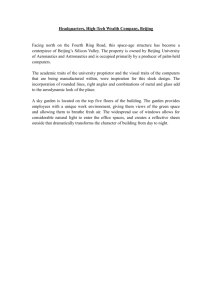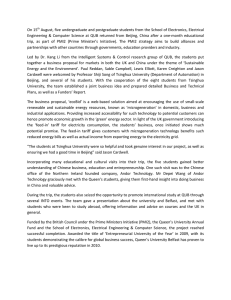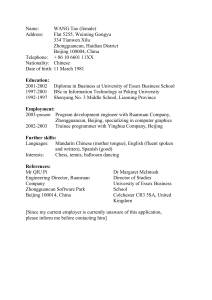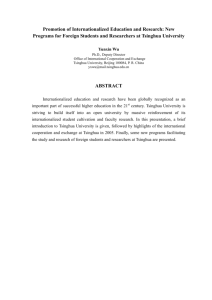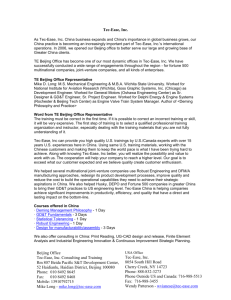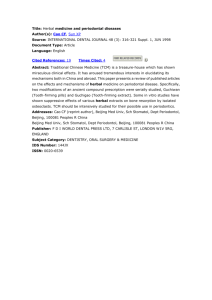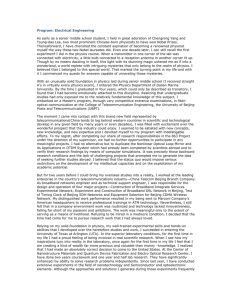Sample HTPD article for RSI
advertisement
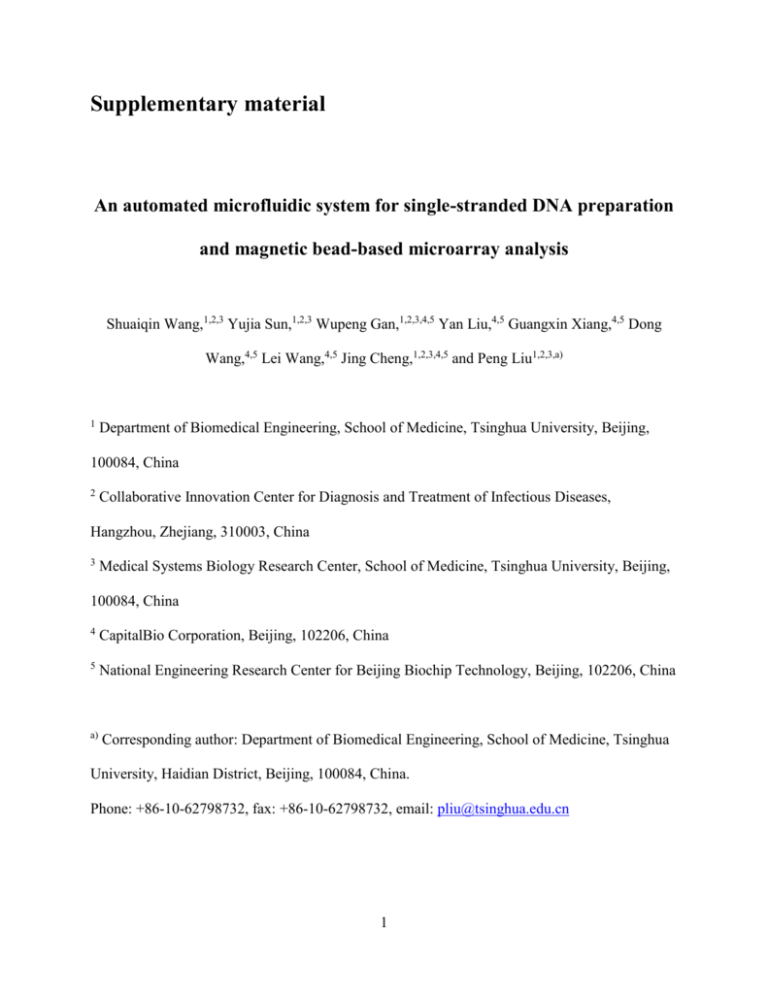
Supplementary material An automated microfluidic system for single-stranded DNA preparation and magnetic bead-based microarray analysis Shuaiqin Wang,1,2,3 Yujia Sun,1,2,3 Wupeng Gan,1,2,3,4,5 Yan Liu,4,5 Guangxin Xiang,4,5 Dong Wang,4,5 Lei Wang,4,5 Jing Cheng,1,2,3,4,5 and Peng Liu1,2,3,a) 1 Department of Biomedical Engineering, School of Medicine, Tsinghua University, Beijing, 100084, China 2 Collaborative Innovation Center for Diagnosis and Treatment of Infectious Diseases, Hangzhou, Zhejiang, 310003, China 3 Medical Systems Biology Research Center, School of Medicine, Tsinghua University, Beijing, 100084, China 4 CapitalBio Corporation, Beijing, 102206, China 5 National Engineering Research Center for Beijing Biochip Technology, Beijing, 102206, China a) Corresponding author: Department of Biomedical Engineering, School of Medicine, Tsinghua University, Haidian District, Beijing, 100084, China. Phone: +86-10-62798732, fax: +86-10-62798732, email: pliu@tsinghua.edu.cn 1 FIG.1s. Fluorescent scanning results of the tag probes treated with water, NaOH, and HCl at different temperatures. Video.1s. Measurement of the speed of the beads pushed by the mixing valve using a high-speed CCD camera. In about 1 ms, the average moving distance of MBs in the field is about 160±6 μm indicating an average speed of ~160 mm/s. Scale bar: 100 μm. 2 Video.2s. Video taken under microscope showing the rapid bead movement in the reaction chamber during the bead dispersion. In the video, the small moving dots were the magnetic beads and the larger circles with bright centers are air bubbles. 3

